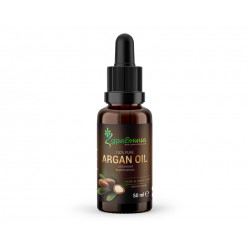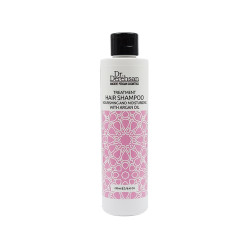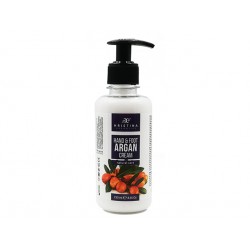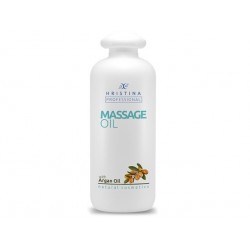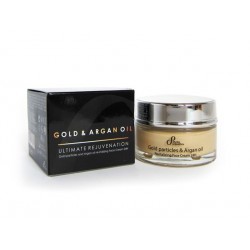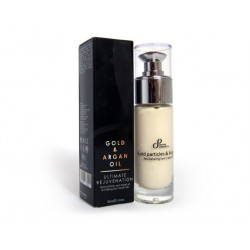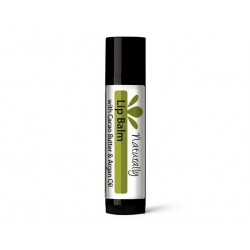Argan oil is obtained from the stone of the fruit of argania spinosa growing in the south-west of Morocco. Lives 150 - 200 years. At an altitude it reaches 8-10 meters. Roots can reach up to 30 meters depth. Its fruits are green and resemble an olive tree, but are larger and rounded. Inside the fruit there is a stone with a very hard shell, which has up to 3 nuts.
The production of argan oil is a very labor-intensive task. Each pit must be broken to remove the nuts. Local producers say 20 hours is required for the production of 1 liter of Argan oil.
Argan oil, like olive oil, is used in cooking and forging salads. The taste slightly resembles a walnut.
To the tocopherols and to the phenolic compounds (phenols, polyphenols and phenolic acid), the antioxidant action of the argan oil is due.
The oleic acid content makes the oil particularly useful for regulating cholesterol. Studies show that 2 tsp. of it daily during the month can significantly reduce cholesterol levels in the blood.
The disadvantage of the argan oil is that it does not contain the polyunsaturated alpha-linolenic acid, which is no less important than the others, and must be present in our diet. That's why it's good to supplement it with rape and soybean oil.
What is the traditional use of the Argan oil?
Moroccan pharmacology includes the following traditional uses of Argan oil:
- For the volume and vitality of the hair
- To relieve the dryness and itching of the scalp
- To nourish dry skin
- For smoothing wrinkles
- Acne, eczema, varicella
- In burns and cracked lips
- With chronic deafness
- Against brittle nails
Uses Argan oil according to scientific publications:
- Stabilizes cholesterol levels by reducing the bad and raising the good
- It lowers high blood pressure
- Fight obesity by reducing hunger-induced stomach contractions if taken in the morning
- Helps hepatic function
- Neutralizes free radicals and protects the connective tissue
Stimulates cell turnover and improves intracellular material
- It counteracts the drying and aging of the skin, restoring the hydrolipidic layer and improving absorption of nutrients from the cells
- It contains the anticancer substance sothenol
How to use the Argan oil?
Oils rich in polyunsaturated fatty acids should not be heated. That is why the argano is seasoned after the eventual thermal treatment. Also suitable for seasoning raw vegetables and salads. It is recommended that the oil be stored in a refrigerator and used shortly after opening the bottle.
Argan oil is also available in a range of cosmetic products, usually quite expensive due to the high cost of the rare raw material. It is also found in the Moroccan Amulet - a mixture of argan oil, ground roasted almonds and honey with an aphrodisiac reputation.




